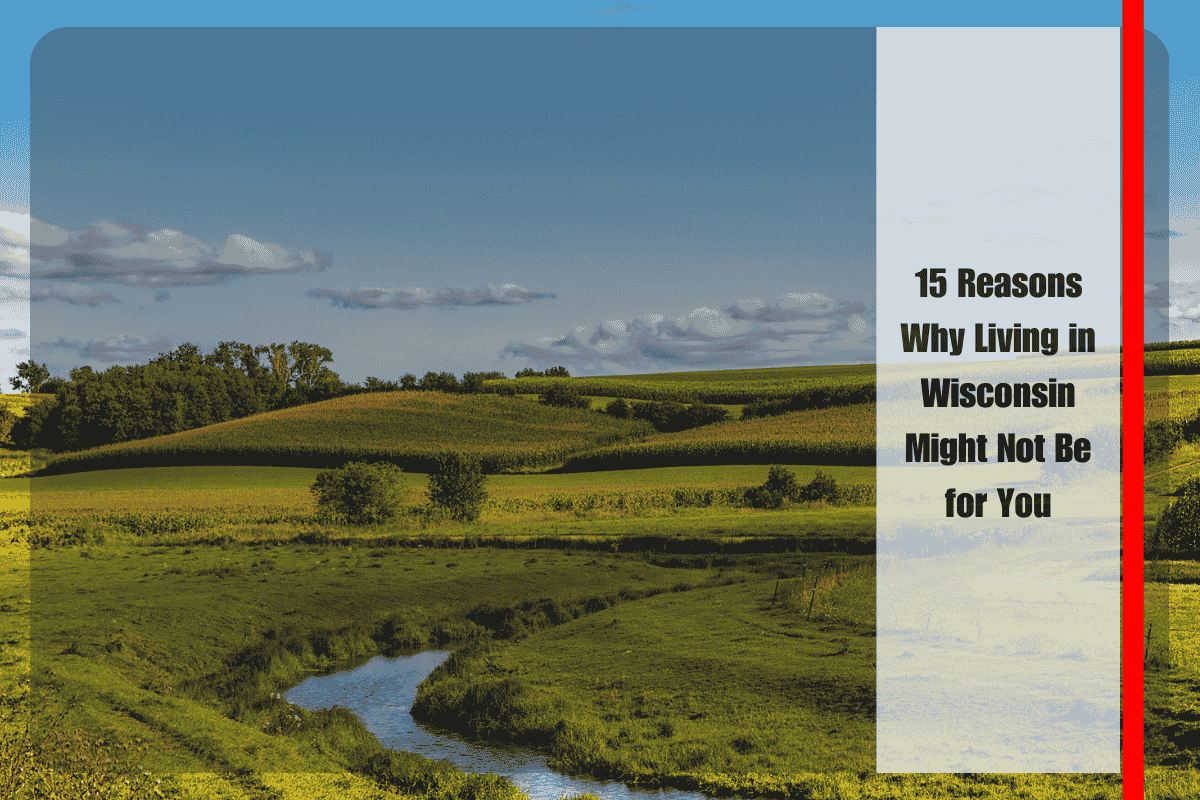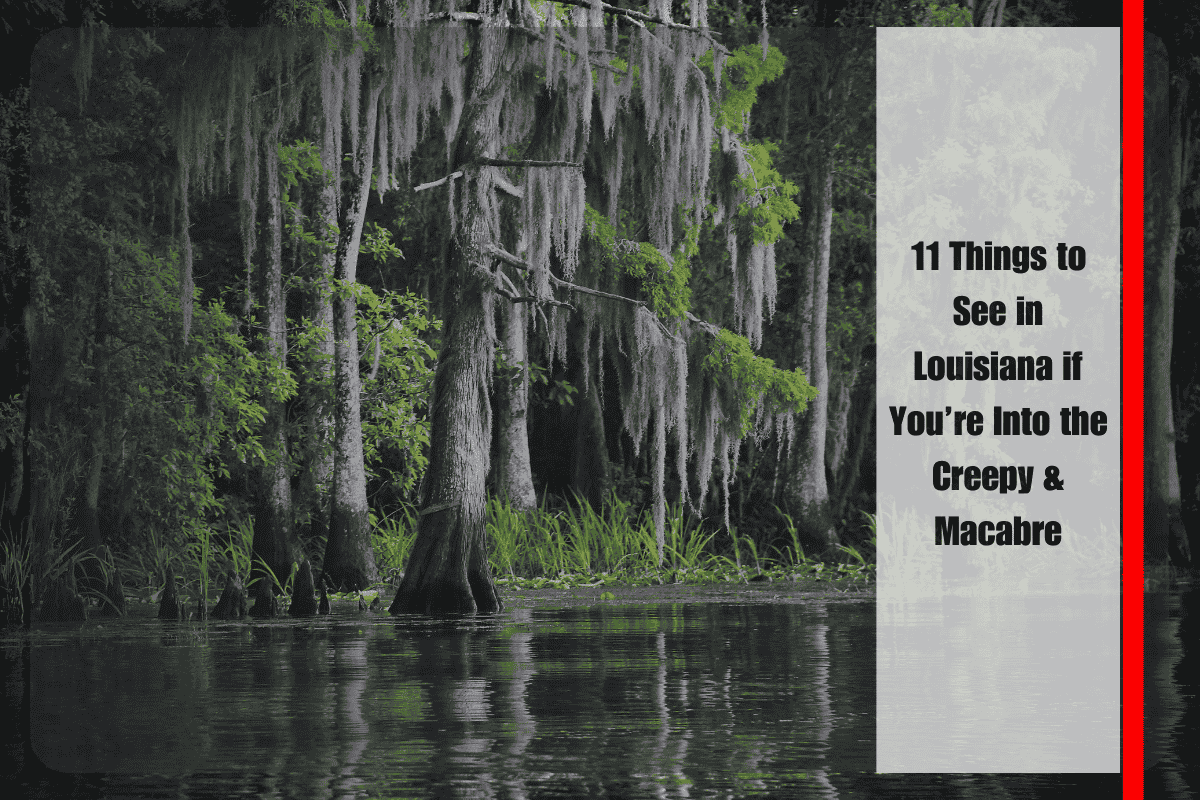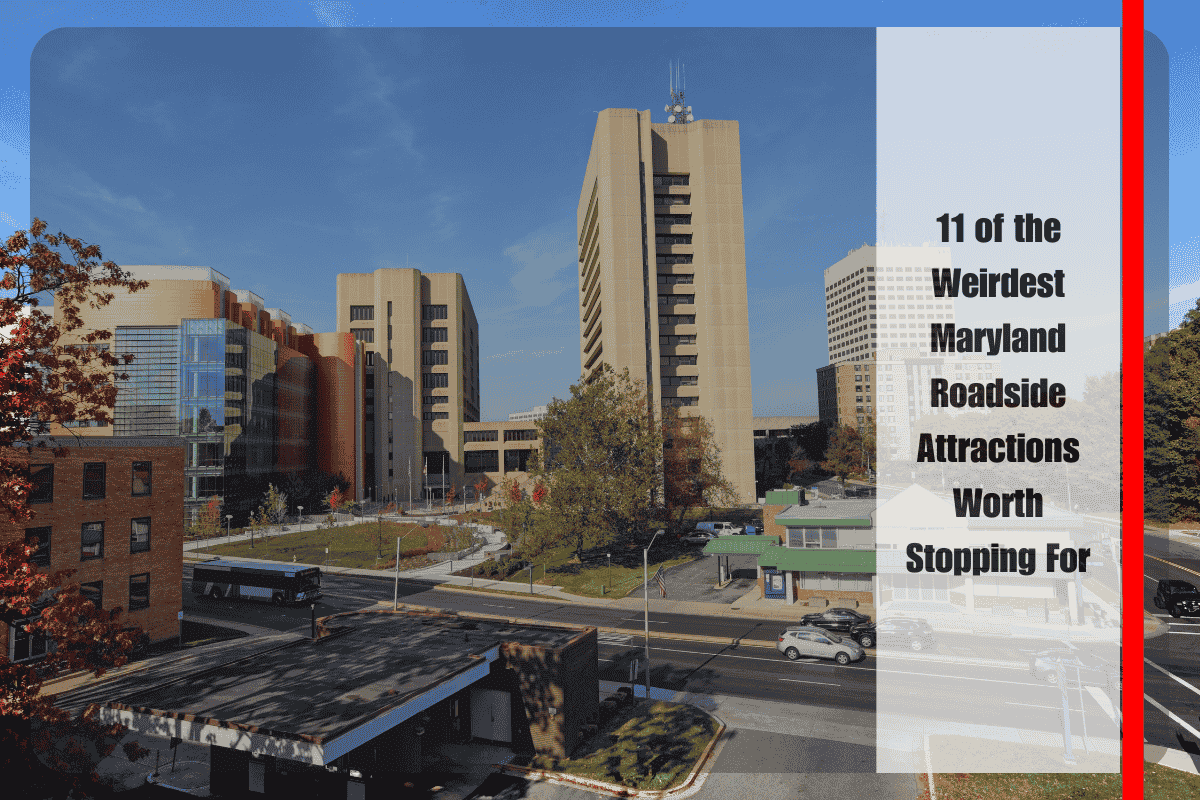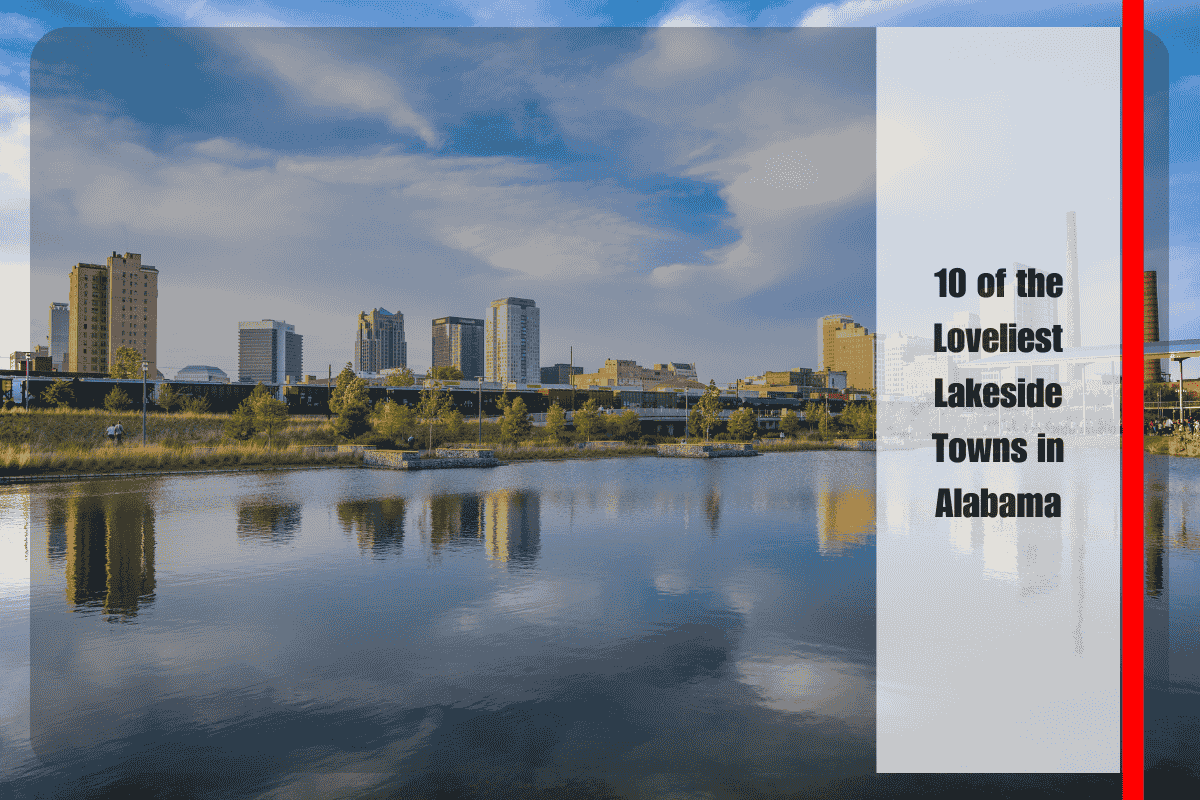Here are 15 reasons why living in Wisconsin might not be for everyone, highlighting challenges related to climate, lifestyle, and infrastructure:
1. Harsh Winters
Wisconsin’s winters are long, cold, and bring heavy snowfall, requiring preparation for snow removal, icy roads, and high heating bills.
2. Limited Public Transportation in Rural Areas
Outside major cities like Milwaukee and Madison, public transit options are sparse, making car ownership essential for getting around.
3. High Property Taxes
Wisconsin has relatively high property taxes in many areas, impacting homeowners’ budgets.
4. Prevalent Alcohol Culture
The state has one of the highest rates of binge drinking and alcohol-related issues in the U.S., which some find concerning socially and culturally.
5. Inconsistent Quality of Public Schools
Educational quality varies sharply by district, with some schools underfunded or lower performing, making school choice important for families.
6. Higher Car Insurance Rates
Insurance premiums can be higher compared to the national average, particularly in urban areas.
7. Rural Healthcare Access
Some rural regions suffer from a shortage of healthcare providers, which can complicate access to medical services.
8. Insular Communities
Wisconsin communities tend to be close-knit and insular, with social circles often revolving around long-time locals, which can be isolating for newcomers.
9. Road Maintenance Issues
Winter weather causes potholes and rough roads, leading to frequent road repairs and vehicle wear.
10. Limited Diversity
Cultural and ethnic diversity is low, especially in rural areas, limiting multicultural experiences and cuisine options.
11. Heavy Traffic in Cities
Urban centers like Milwaukee experience traffic congestion during peak hours, causing commute delays.
12. Limited Nightlife and Entertainment
Smaller towns and many rural areas have few nightlife or cultural venues, which may not suit those seeking lively social scenes.
13. High Allergy Seasons
Agricultural pollen contributes to intense allergy seasons in spring and fall.
14. Lack of Ocean Coastline
While surrounded by the Great Lakes, Wisconsin lacks ocean beaches, which may be a downside for some who prefer saltwater coastlines.
15. Inconvenient Travel Access
Major international airport hubs are in Chicago or Minneapolis, requiring longer travel times for air travel.
These factors combine to make Wisconsin’s quality of life appealing to some but challenging or limiting to others, depending on lifestyle preferences and needs.
Sources
(https://www.sroa.com/blog/local-guide/pros-and-cons-of-living-in-wisconsin)
(https://www.rentenigma.com/10-pros-and-cons-of-moving-to-wisconsin)
(https://thehonestlocal.com/pros-cons-living-wisconsin-moving/)
(https://www.redfin.com/blog/pros-and-cons-of-living-in-wisconsin/)
(https://www.reddit.com/r/wisconsin/comments/17g5s9g/what_are_the_pros_and_cons_about_living_in/)












